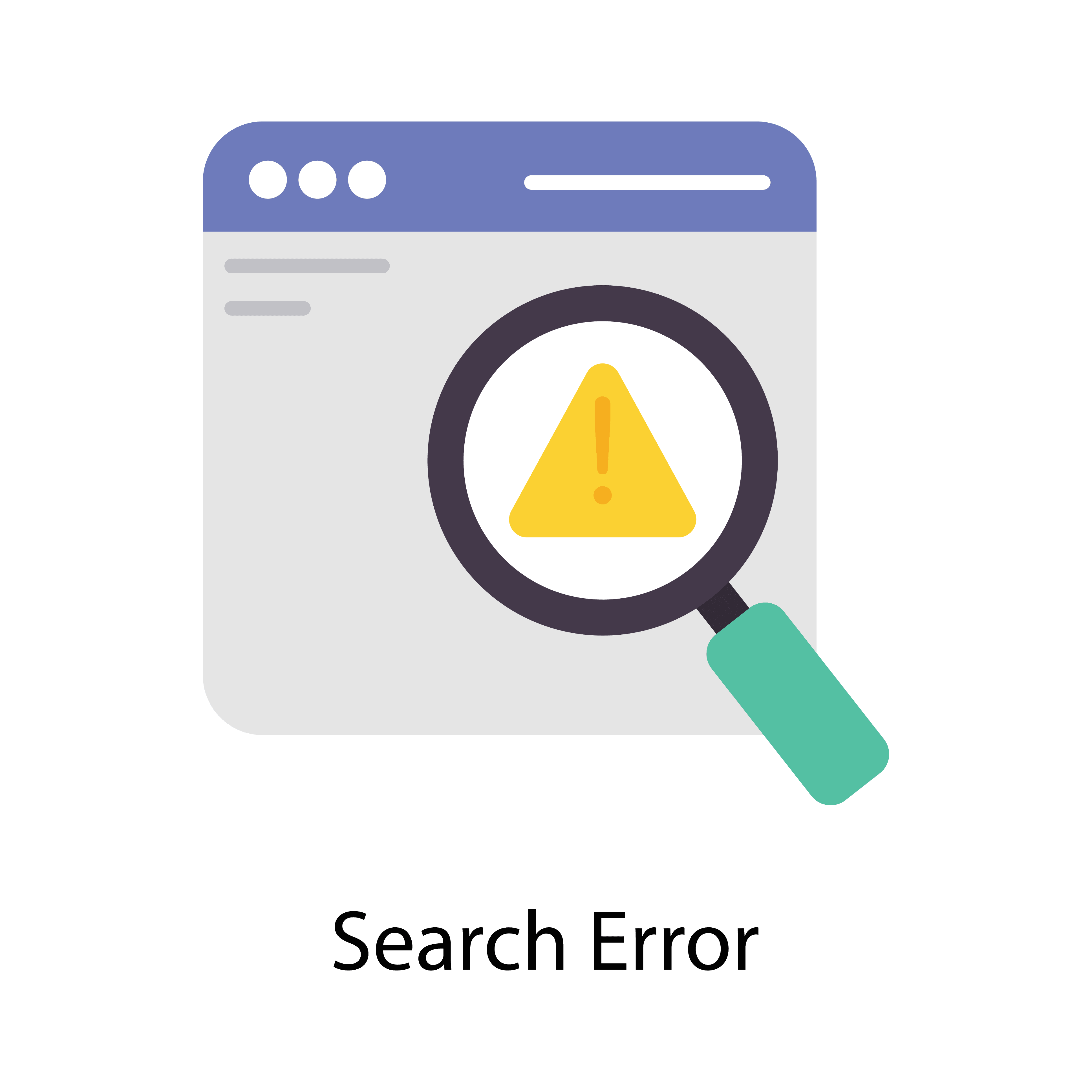How to Remove a Newspaper Article Online in the UK

Learn how to remove a newspaper article online in the UK, save your online reputation and protect your legacy from bad press.
The internet is a powerful tool. It offers easy access to tools and information we use every day. But an unfortunate side effect of going digital is that there is an archived record of pretty much everything on the internet.
As newspapers and magazines struggle to meet demand, companies and individuals alike can be tarnished by incomplete or even false reporting.
For example, online publications often report on major indictments and arrests. Yet, they seldom follow up with news of dropped charges. Without the proper steps, misleading and defaming articles can end up in Google search results for years, even decades.
Remember, search engine algorithms are based on how popular a certain page is, not how accurate the content is. Even articles that appeared in print long ago can show up online when the news site digitizes its archives.
So What Can I Do If Online News Articles Are Hurting My Online Reputation?
Depending on your specific circumstances, there are several steps you can take to have an article removed or unpublished. Google advises that you contact the publisher directly about deleting the article. If they delete article, it will soon disappear from search results.
Unfortunately, while you can sometimes appeal to remove the original content, you often must deal with “scraped” versions of your article. Sites that “scrape” articles take news from reliable news outlets and use the content to fill in their own sites. It may be an identical copy or a spin on the original.
If the headlines are particularly inflammatory or attention-grabbing, you may have to deal with having incorrect or misleading information on dozens of sites rather than just one. If this is the case, there are other ways to decrease its visibility in the search results.
Let’s talk about how to remove a newspaper article online in the UK.
How to Remove a Newspaper Article Online in the UK
Have the Publisher Remove the Offending Article
This is the most direct and surefire way to fix your situation. If the publisher removes an article, it stops showing up in Google results and is no longer viewable. Unfortunately, this is a very difficult sell for most news outlets.
Newspapers pride themselves on being “keepers of the archives”. They consider themselves historians of sorts. So, if the article is factually correct, papers aren’t likely to take it down.
When Will a Newspaper Remove an Article?
There are several good reasons for an editor to delete an article from their online archives. In fact, almost 80% of newspaper editors say they have deleted articles for one reason or another. The top two reasons an editor agreed to take down content:
- The content is inaccurate or unfair
- It contains defamatory and/or inflammatory language
If your article meets either of these criteria, you may be able to have the content removed with a simple request and proof of the inaccuracy or damage.
When Will a Newspaper Not Remove an Article?
If you are asking to have your article removed for the following reasons, it’s unlikely that your request will succeed:
- You rethink what you wanted to say/represent
- You are concerned about leaking private information
- The article is outdated and could damage your life/career
Basically, when proof exists that the published content is inaccurate or defamatory, you may be able to delete the article. But for just about any other reason, you’re out of luck.
However, your chances of removing the offending article go up when you try the proper channels. Use the following steps to request deletion appropriately:
Find out who’s in charge.
Filling out a “Contact Us” form on the newspaper’s website isn’t going to get you what you want. Look for the person with the final word on published articles. This is usually the newsroom manager, editor, or managing editor. Different publications have different job titles so search the “Our Team” or “Directory” page on their site for contact information. If information is unlisted, contact the publication directly. Call and ask for the name and number of the editor.
Call–Don’t Email.
Emails are easy to delete and ignore. Call whoever is in charge and speak to them directly. Work your way up through the chain of gatekeepers if necessary by explaining your situation and ask to speak to their direct manager. Repeat until you get to the editor. Don’t leave a message with your information, or you may find yourself mysteriously “blocked” or lost in the shuffle.
Be Polite and Patient
This article is negatively impacting your life, but the editor is just doing their job. They probably receive threats and angry emails about negative content daily. Threatening to sue, yelling, and cursing aren’t going to get you anywhere. Stand out from the crowd by being calm, polite, and patient. State the facts and follow up with evidence and documentation by email.
Remember, it’s more likely that your request will be rejected than accepted. It’s a newspaper’s job to report the news accurately. They often don’t care about how the facts affect people’s lives and reputations.
Do I Have Legal Recourse?
Sometimes, if your criminal record is expunged, you can get a court order to have content reporting your criminal record expunged as well. But you will have to hire an attorney and go through the appropriate legal channels to obtain a court order. This can become very expensive and time-consuming.
If you believe that you have legal cause, contact an attorney to review your case. They will let you know if you have legal recourse for a court order or a defamation lawsuit. Sometimes, a letter on legal letterhead is enough to have an article removed. But remember that most editors are pretty jaded when it comes to lawsuit threats.
Even if you do seek legal aid, you may end up with a retraction, an edited article, or a follow-up piece instead of deletion. While this is a good thing, it doesn’t help with the damage the content does to your online reputation.
How to Remove a Newspaper Article Online in the UK Without the Publisher’s Help
Even if your request is accepted and the original publication is removed, it’s entirely possible that the story still exists. Blogs and scraper sites often republish content for views and you can’t always track them all down. It’s especially difficult to reach the owners of privately owned blogs.
Luckily, there are several strategies that can help you remove or bury negative content without the assistance of the publisher.
De-Indexing–Go Straight to Google
If a publisher does not remove an article from their site, you can go over their head and straight to Google by requesting a “De-index”. Indexing is how Google “files” and retrieves information on the internet.
If you picture the internet as a giant filing cabinet, Google uses its own “filing system” to track and archive information. When you click on a link in the search results, you are taken to the correct page because it has been properly indexed.
If that information is de-indexed, it can no longer be accessed because the “filing system” can’t find it in the database.
So if your article is de-indexed, the story will still exist, but people won’t be able to see it in search results.
However, the likelihood that Google with de-index your content is low. You have to prove that the content meets very specific criteria, such as when it:
- Reveals protected personal information
- Lists information that endangers your privacy, safety, or financial information (such as your social security number, address, phone number, etc.)
- Contains explicit consensual images
- Violates a law in some way
If any of these criteria apply to your situation, contact Google about having it de-indexed using this form.
Suppression Campaigns–Bury the Information
If you’re wondering how to remove a newspaper article online in the UK, this is by far the most successful tactic.
Instead of spending time, effort, and money on having the information removed completely, bury it in the results with positive content. This is known as “Reverse SEO”.
How Does Reverse SEO Work?
To understand how reverse SEO works, you have to understand how SEO works. Please note that this is a very brief and simplified overview.
Search engine optimization (SEO) is what helps Google’s algorithms decide what goes in the top results when you search for something. It looks at factors like:
- How recently the content was published
- Whether the content is from a “trusted source”
- How often readers “bounce” from the site after clicking on the link
- What keywords and phrases are used most often
- How long the content is
- What resources the content links to
Reverse SEO works by using these same principles to bury negative content with new, positive content for the same search terms (i.e. your name or your company’s name). The more content is written and published on trusted platforms for the keyword, the further down in the search results your negative content is pushed.
And once your content is pushed to page two or beyond in the Google search results, you’ve achieved your goal!
Less than 10% of people go past page two of Google Search results when they are doing research. So with enough content, you can effectively bury bad PR with your positive PR.
Just make sure that the content you publish is high-quality and SEO-focused. It takes a long-term campaign and consistent efforts to effectively leverage reverse SEO. If you are struggling to create content, there are services that can help you plan and launch a successful reverse SEO strategy.
Protect Your Reputation and Bury Negative Content
Learn how to remove a newspaper article online in the UK and take control of your online reputation. Contact InternetReputation.com today!



